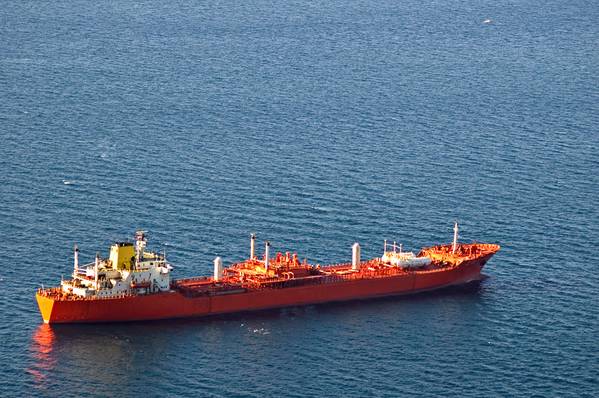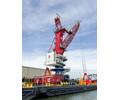
On December 18, the EU Parliament and Council reached a deal on the review of the transport network TEN-T regulation, setting the requirements for all transport nodes and modes being part of the TEN-T network.
The EU’s trans-European transport network policy, TEN-T, is a key instrument for the development of coherent, efficient, multimodal and high-quality transport infrastructure across the EU. It comprises railways, inland waterways, short sea shipping routes and roads linking urban nodes, maritime and inland ports, airports and terminals.
The new regulation revises the original regulation of 2013 which for the first time identified ports as nodes in the network.
The European Sea Ports Organisation (ESPO) has issued a statement saying it strongly supports the co-legislators’ decision to include energy ports in Europe’s transport network (TEN-T).
In accordance with the reached agreement and ESPO’s long-standing plea, a port’s position in the TEN-T network will now be assessed not only on the basis of tonnage, but also on its contribution to the energy transition.
European ports play a crucial role in Europe’s energy transition and security of energy supply. They build and strengthen the supply chains for the new energy landscape. Substantial efforts and investments are needed, as the new sources of energy come with specific transport needs, infrastructure, connectivity, storage and new supply chains. Ports cater to these new realities and adapt and expand their infrastructures and processes accordingly. It is fundamental that European legislation does the same and supports ports in their endeavours to generate high added value for Europe’s society, says ESPO.
“Even if volumes and tonnes remain an important indicator for ports as hubs in the logistic chain, it is not anymore the only indicator of performance. The decision to include ports that play an important role in the supply of energy in the TEN-T network is a huge step forward. It shows that the legislators recognise that energy is an important commodity and ports are key in ensuring both Europe’s energy security and energy transition. This energy role cannot always be counted in tonnes,” says ESPO’s Secretary General Isabelle Ryckbost.
It is now up to the Commission and member states to put the new rules into practice and make sure to grant TEN-T status to those ports that comply with the new regulation’s energy criterium (in Article 24).
The deal also foresees more ambitious rail requirements, including for port rail networks. Ports welcome the strengthening of and focus on strong rail connections, yet port rail networks can be very complex and are governed differently in the various ports. When implementing the new rail requirements in a port context, the respective member states and the Commission should take well account of the specificities of the respective port.
As the final text of the agreed regulation is still not publicly available, ESPO looks highly forward to the publication of the final text. ESPO thanks the European Parliament, Council and Commission for all their efforts in bringing the TEN-T regulation and policy in line with today’s realities and challenges.
ESPO is preparing an update of its 2018 Port Investment study in view of identifying the infrastructure investment needs of European ports, both in terms of categories of investments and investments amounts. The updated study will be released during TEN-T Days, taking place on April 2-5 in Brussels.



